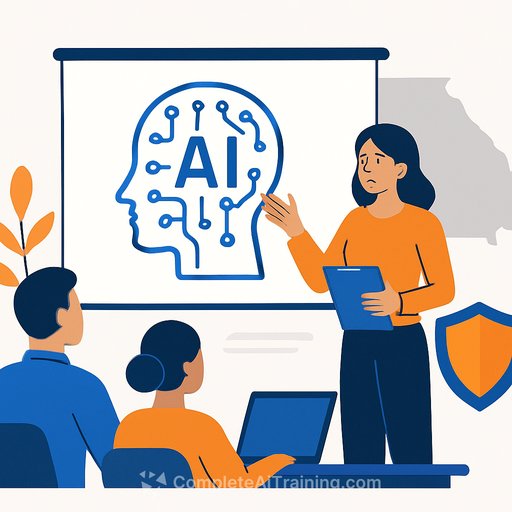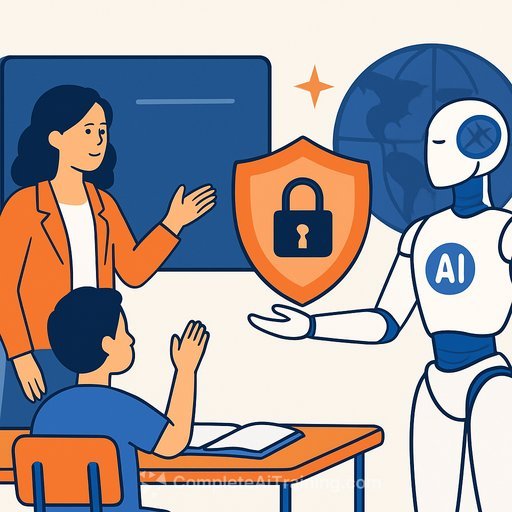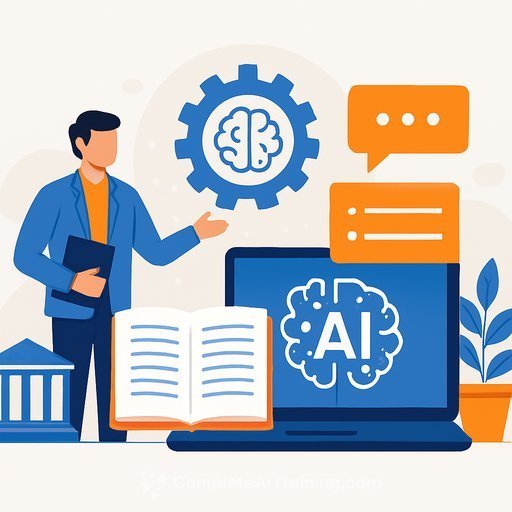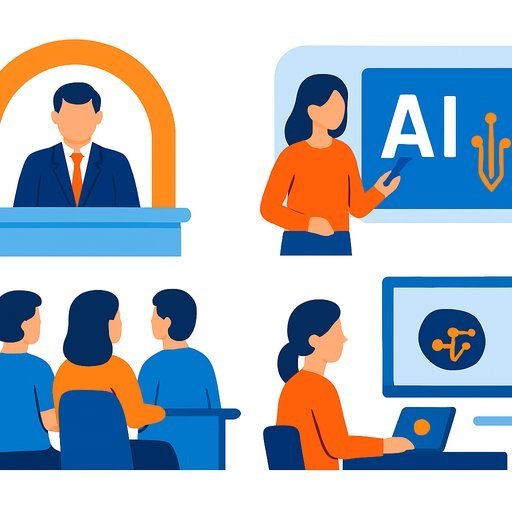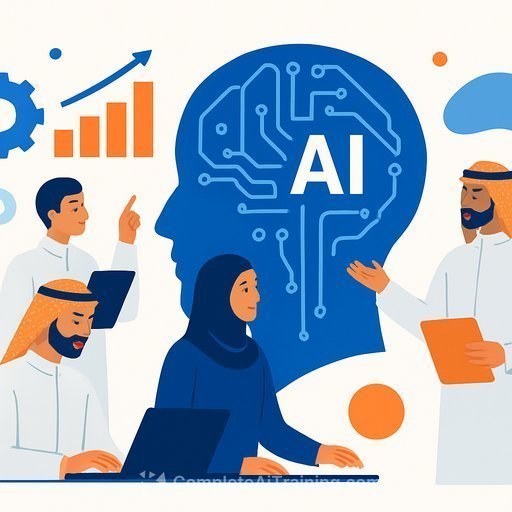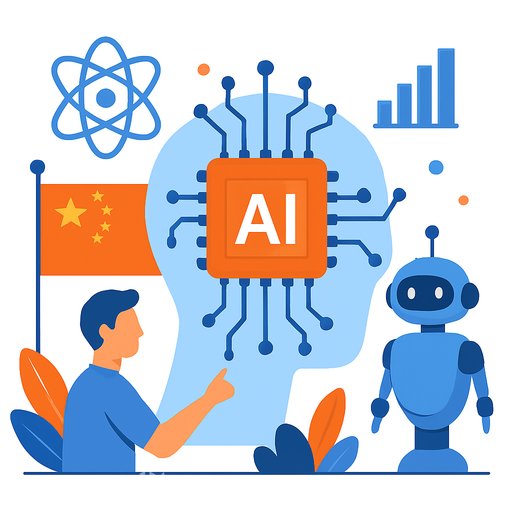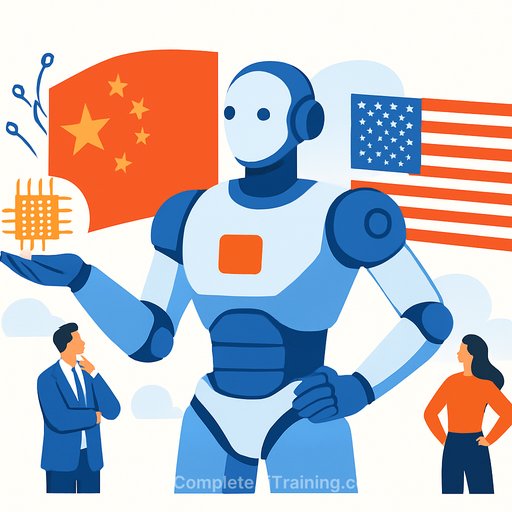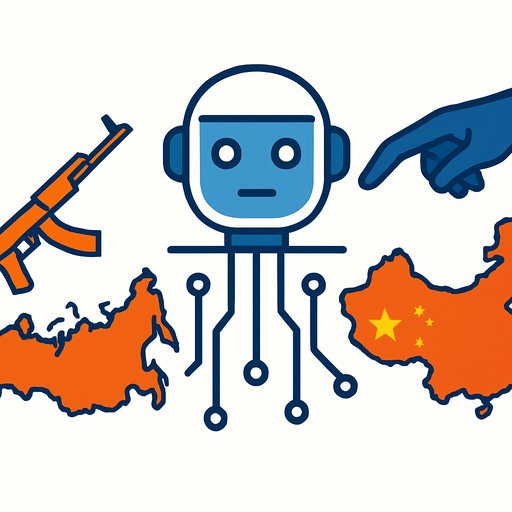Georgia Moves to Expand AI Literacy Across State Agencies
Georgia is rolling out a statewide training effort to help public employees use AI responsibly and confidently. The Georgia Technology Authority (GTA), partnering with InnovateUS, is offering free training that meets employees where they are: curious, already experimenting, and asking for guardrails.
The intent is clear. People across agencies were trying AI tools without shared standards. Leaders saw the risk and the opportunity - then chose to provide structure instead of leaving teams to figure it out alone.
"True digital transformation happens when people feel empowered," said state CIO Shawnzia Thomas. "We're not just teaching AI, we're teaching confidence, curiosity, and responsible innovation."
Why the State Is Doing This Now
As pilots kicked off, GTA's Office of Artificial Intelligence noticed a trend: interest was growing fast, and employees wanted practical guidance. Teams asked how to use AI safely, where it fits, and when to step back. That demand for clarity helped set the InnovateUS partnership in motion.
What the Training Covers
Most state workers can start within weeks. The curriculum builds a shared baseline first, then moves into practical application. It's aligned to Georgia's AI Pilot License framework so employees can apply the lessons quickly.
- AI literacy: what it is, where it helps, and where it falls short
- Risk awareness and privacy protections
- Prompting basics and reviewing AI output
- Knowing when not to use AI
- Immediate on-ramps from core concepts to daily workflows
"This training will give state employees the foundation to use AI confidently, safely and effectively in their daily work," said GTA Chief Digital and AI Officer Nikhil Deshpande. The goal is skills, safeguards, and confidence - with better services delivered statewide.
Role-Specific Paths and "AI Champions"
After the core modules, role-based learning will follow. HR, legal and contracting, customer service, and other functions will get targeted content that fits day-to-day work. For staff who want to lead, advanced workshops will help create "AI champions" inside agencies.
Early Wins Without Replacing People
Early pilots point to practical wins that support staff, not replace them. Teams are using AI to:
- Summarize long regulations and policy documents
- Draft clearer explanations for residents working through complex systems
- Create early versions of safety messages for faster review
Scaled across agencies, these time-savers free employees to focus on higher-impact work such as case strategy, service design, or resident outreach.
Part of a Broader Shift Across States
Georgia isn't alone. Other states are moving in the same direction. New York, for example, is pairing classroom-style AI instruction with hands-on work inside a secure generative AI environment. The shared mindset: AI training isn't optional - it's a baseline skill for modern public service.
What This Means for Government and Education Teams
If you work in government, education, or any public-facing organization, the signal is clear. AI literacy is becoming part of the job. Here's how to turn that into practical momentum:
- Inventory where employees are already using AI - then set simple, shared guardrails.
- Start with baseline training for everyone. Keep it short, concrete, and aligned to policy.
- Pick a few low-risk pilots (summaries, drafts, FAQs) and measure time saved and quality gains.
- Define "no-go" zones early: sensitive data, high-stakes decisions, compliance-bound tasks.
- Nominate AI champions in each unit to collect lessons learned and coach peers.
- Adopt a known risk framework for consistency, such as the NIST AI Risk Management Framework.
Practical Guardrails That Work
- Keep sensitive data out of consumer tools; use approved environments only.
- Require human review for outputs, especially anything public-facing or policy-related.
- Log prompts and outputs for pilots to support auditing and learning.
- Set clear criteria for when AI is helpful - and when staff should avoid it.
Why This Approach Resonates
Georgia's plan doesn't chase hype or add red tape. It gives employees the confidence to try AI with clear boundaries, then builds deeper skills by role. That balance - empower people, protect the mission - is what keeps adoption responsible and useful.
And as more states move in this direction, a common standard is emerging: AI belongs in the toolkit, but with training, policy, and oversight baked in from day one.
Want Role-Based AI Learning Paths?
If your team needs structured, role-specific AI upskilling similar to Georgia's approach, explore curated options here: Complete AI Training - Courses by Job.
Bottom line: Georgia is treating AI literacy like a core competency. By prioritizing people, structure, and safety, the state is setting a practical blueprint others can follow.
Your membership also unlocks:

